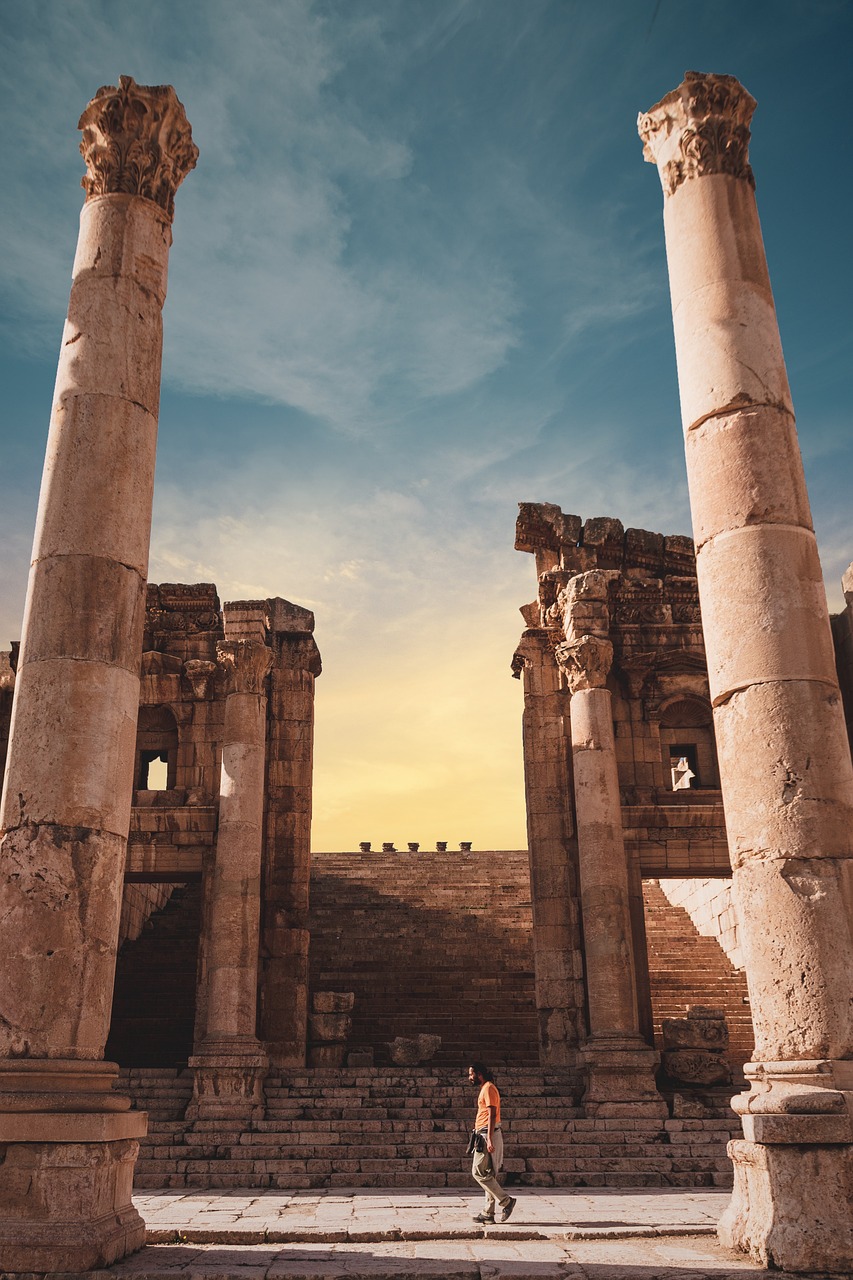Quirinus is one of the enigmatic deities of ancient Rome, with a history that remains somewhat obscure. He has been venerated in conjunction with both Jupiter and Mars since the earliest times, and his significance is linked to the Quirinal Hill, where he is thought to oversee the welfare of the Roman populace as well as to be associated with the mythical founder of Rome.
The Roots of Quirinus
As indicated by his name, Quirinus has a direct connection to the Quirinal Hill. This location was originally outside the parameters of Rome and became part of the city at a later time. The hill was home to a settlement of possible non-Roman inhabitants, likely the Sabines, as suggested by Ovid. Quirinus may have served as their local deity. His name is potentially derived from the Sabine word for “spear,” known as “curis,” pointing toward his role as a war deity. Additionally, he could be linked to the term “couirium,” which means an assembly of men, further connecting him to the historical community of the region.
Quirinus and His Connection to Romulus
Ovid also notes a connection between Quirinus and Romulus, the legendary founder of Rome. Following Romulus’s demise, Jupiter immortalized him, as Romulus was the offspring of Mars, the god of war. Upon his transformation into a deity, Romulus proclaimed his new divine title as Quirinus and instructed the citizens to build temples in his honor on the hill that bears his name.
Quirinus in the Triad of Deities
After the integration of the Quirinal Hill into Rome, Quirinus was formally recognized as a Roman god, standing alongside Jupiter and Mars, forming an early triad of important deities. Among the three, Quirinus was regarded as the least significant. His priestly position, known as the Flamen Quirinalis, was the most junior of the major priesthoods, and he was also the last to receive spolia opima—the war spoils offered by triumphant generals to the gods.
While Quirinus may have started as a war deity among the Sabines, his aggressive aspects seem to have diminished over time as he was assimilated into Roman worship. In contrast to Mars, who retained his reputation as a war god, Quirinus took on a more protective role with a focus on the safeguarding and well-being of the Roman citizens. His sacred arms were preserved in a temple, coated in pitch—indicative of their non-use—reflecting a shift from martial prowess to guardianship.
Quirinus’s Role in Roman Worship
The specifics of Quirinus’s function in Roman religious practices are not entirely clear, nor is the significance of his festival, observed on February 17, well-defined. Nonetheless, his centrality in safeguarding the well-being of the Roman people is evident in several festivals.
Quirinus’s priests were actively involved in the observances of Consualia, Robigalia, and Fornacalia—festivals that emphasized grain growth and preservation. These affiliations underscore Quirinus’s pivotal role in ensuring agricultural productivity, which was vital for the sustenance and prosperity of the population.
Scholar Georges Dumézil interprets this further, suggesting that Quirinus’s name signifies not a connection to just one hill but embodies the collective assembly of Roman society.
References
- Ovid (translated and edited by A J Boyle and R D Woodard) Fasti 2 475-510. Penguin Classics.
- Price, Simon and Kearns, Emily (eds) (2003) The Oxford Dictionary of Classical Myth and Religion. Oxford University Press: Oxford.
- Dumézil, Georges (trans Philip Krapp) (1996) Archaic Roman Religion Vol I. The John Hopkins University Press. Baltimore and London.



